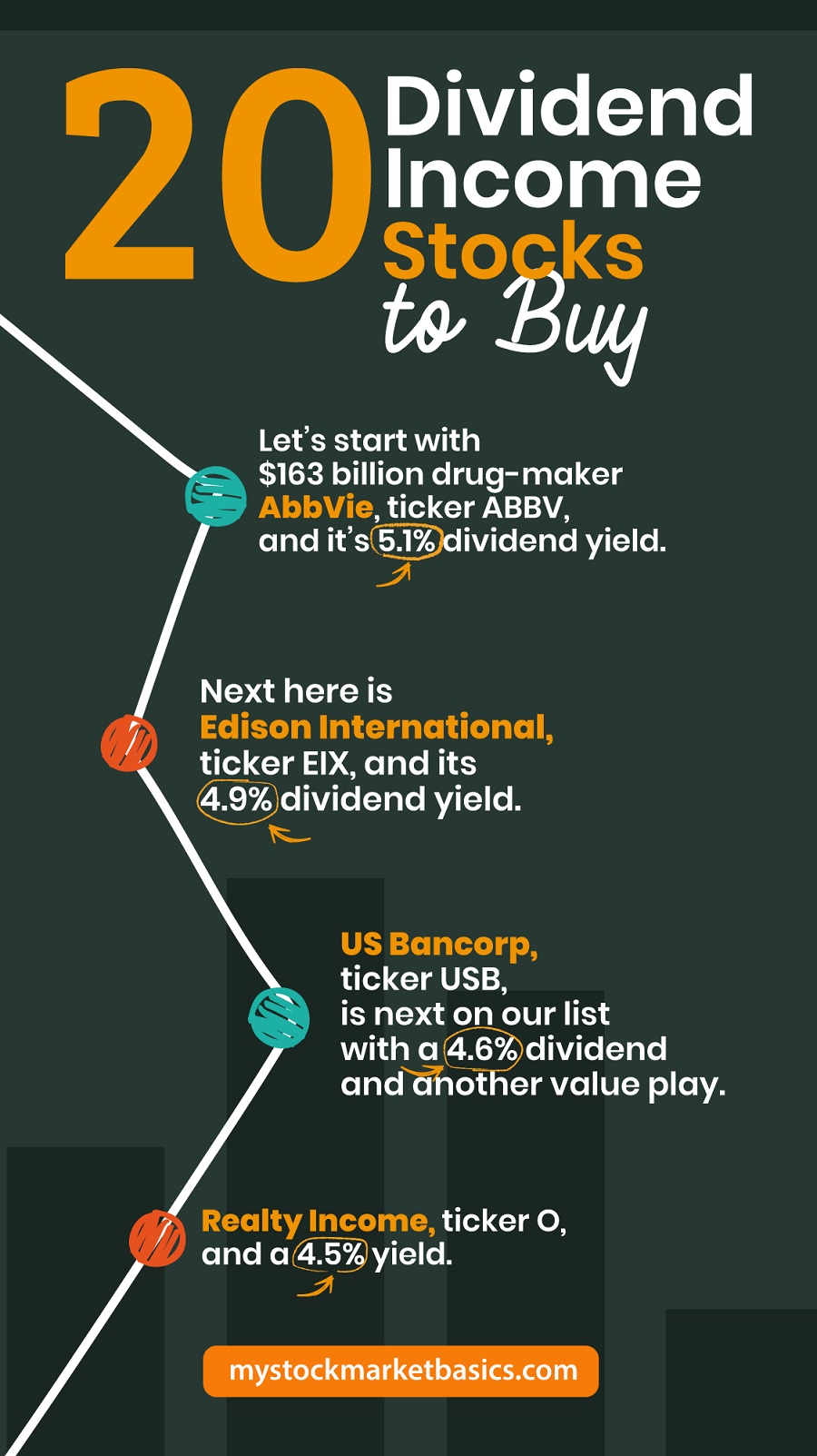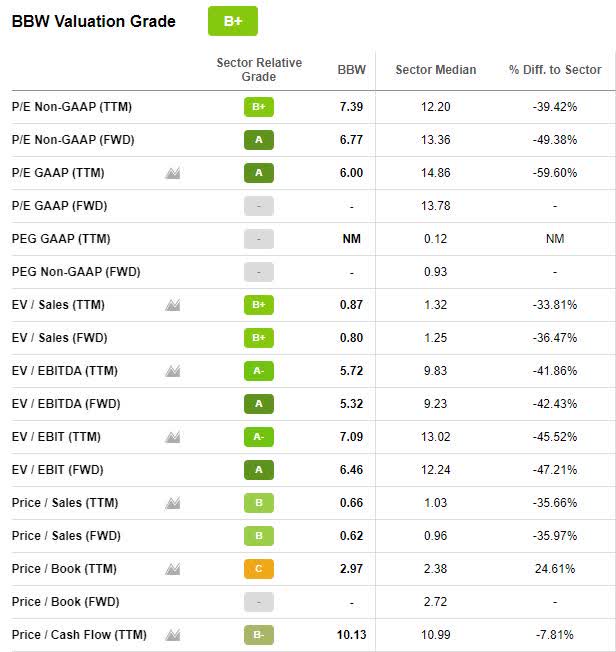
Forex traders must have a solid understanding of the terms used in this market. Forex definitions can help traders communicate more effectively, and provide valuable information about the currency exchange market. The more familiar the trader is with the language used in Forex, the faster they will learn the market and the better their chances will be at being successful in the market.
There are many terms used to describe Forex market movements and financial events. Many of these terms may not be very clear and are therefore easy to comprehend. The Forex definitions can be confusing for beginners traders. Before you dive into more technical trading strategies, it is important to know the basics of Forex markets. Having a good Forex glossary will help you to increase your trading vocabulary and improve your confidence.
Leverage, the most used term in Forex, is probably the most well-known. Leverage is a type or credit brokers offer to customers to help them hold a greater market position. Leverage is typically expressed as a ratio. A 50:1 leverage is a ratio that allows you to hold a position 50 times greater than your initial deposit. Leverage is also defined as the willingness of a broker buy or to sell the base currencies.

A currency pair is a combination of two currencies that can be traded on the Forex market. The bid price and ask price are the price quotes for each currency pair. The spread is the sum of the bid and ask prices. The spread is often expressed in pips.
Forex offers three main types. They vary in size. A standard lot can be equal to $100,000 in one currency while a micro lot can equal 1,000 in another currency. The minimum deposit requirement refers to the amount of money needed for a lot.
Another term that is commonly used in Forex markets is margin. This is a percentage of your trading position. If your leverage is 1000:1, you can hold a position 1000x greater than your initial deposit.
In Forex, the terms used to describe the overall economic climate of a country can have an impact on the market. A country in recession might have a central bank that is more dovish about their monetary policies. Or, if a country is experiencing strong economic conditions, the central banks may be more hawkish.

The G20 meeting is a group of leading nations that meet regularly to discuss international economic issues. This meeting is attended by the heads of state. Although this meeting can't be used as a forecasting tool for market movements, it can help to determine future market movements.
The Consumer Price Index, a financial term that measures the cost of consumer goods and services, is also used. This index can be used to monitor inflation. When inflation increases, the consumer purchasing power decreases.
FAQ
How are securities traded
The stock exchange is a place where investors can buy shares of companies in return for money. To raise capital, companies issue shares and then sell them to investors. Investors then sell these shares back to the company when they decide to profit from owning the company's assets.
Supply and Demand determine the price at which stocks trade in open market. If there are fewer buyers than vendors, the price will rise. However, if sellers are more numerous than buyers, the prices will drop.
There are two options for trading stocks.
-
Directly from the company
-
Through a broker
How can I find a great investment company?
A good investment manager will offer competitive fees, top-quality management and a diverse portfolio. Fees vary depending on what security you have in your account. Some companies don't charge fees to hold cash, while others charge a flat annual fee regardless of the amount that you deposit. Others charge a percentage based on your total assets.
Also, find out about their past performance records. You might not choose a company with a poor track-record. Companies with low net asset values (NAVs) or extremely volatile NAVs should be avoided.
Finally, you need to check their investment philosophy. An investment company should be willing to take risks in order to achieve higher returns. They may not be able meet your expectations if they refuse to take risks.
Is stock marketable security?
Stock is an investment vehicle which allows you to purchase company shares to make your money. This is done by a brokerage, where you can purchase stocks or bonds.
You can also directly invest in individual stocks, or mutual funds. There are more than 50 000 mutual fund options.
There is one major difference between the two: how you make money. Direct investment earns you income from dividends that are paid by the company. Stock trading trades stocks and bonds to make a profit.
In both cases, you are purchasing ownership in a business or corporation. You become a shareholder when you purchase a share of a company and you receive dividends based upon how much it earns.
With stock trading, you can either short-sell (borrow) a share of stock and hope its price drops below your cost, or you can go long-term and hold onto the shares hoping the value increases.
There are three types of stock trades: call, put, and exchange-traded funds. Call and put options let you buy or sell any stock at a predetermined price and within a prescribed time. Exchange-traded funds are similar to mutual funds except that instead of owning individual securities, ETFs track a basket of stocks.
Stock trading is very popular because investors can participate in the growth of a business without having to manage daily operations.
Although stock trading requires a lot of study and planning, it can provide great returns for those who do it well. To pursue this career, you will need to be familiar with the basics in finance, accounting, economics, and other financial concepts.
How Does Inflation Affect the Stock Market?
Inflation can affect the stock market because investors have to pay more dollars each year for goods or services. As prices rise, stocks fall. Stocks fall as a result.
Statistics
- Individuals with very limited financial experience are either terrified by horror stories of average investors losing 50% of their portfolio value or are beguiled by "hot tips" that bear the promise of huge rewards but seldom pay off. (investopedia.com)
- The S&P 500 has grown about 10.5% per year since its establishment in the 1920s. (investopedia.com)
- For instance, an individual or entity that owns 100,000 shares of a company with one million outstanding shares would have a 10% ownership stake. (investopedia.com)
- Ratchet down that 10% if you don't yet have a healthy emergency fund and 10% to 15% of your income funneled into a retirement savings account. (nerdwallet.com)
External Links
How To
What are the best ways to invest in bonds?
A bond is an investment fund that you need to purchase. While the interest rates are not high, they return your money at regular intervals. These interest rates are low, but you can make money with them over time.
There are many different ways to invest your bonds.
-
Directly buying individual bonds.
-
Buying shares of a bond fund.
-
Investing through a bank or broker.
-
Investing through a financial institution
-
Investing in a pension.
-
Invest directly through a stockbroker.
-
Investing via a mutual fund
-
Investing in unit trusts
-
Investing using a life assurance policy
-
Investing via a private equity fund
-
Investing with an index-linked mutual fund
-
Investing through a Hedge Fund